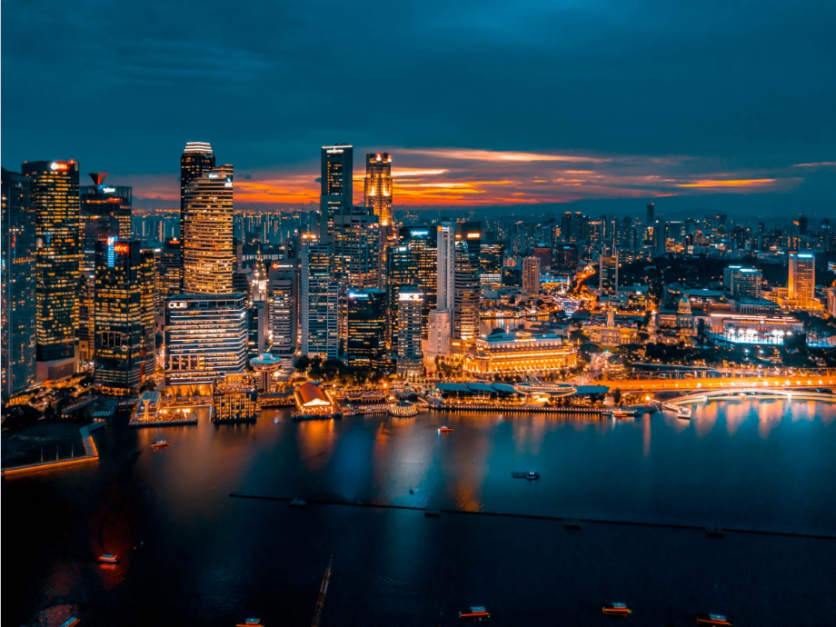The outstanding work of health officials in Singapore should be an inspiration for other nations all around the world. The mere fact that they use highly technological means and mix it with old-fashioned police work is phenomenal indeed.

Read More : Better Health Through Mass Surveillance? Authorities Want to Spy on People With the Coronavirus
Singapore's Efforts in Containing the Virus
There are two examples of stories that explain Singapore's efforts to fight the deadly coronavirus that has now become a pandemic. Their ceaseless efforts to monitor, examine, contain, and identify individuals who may be infected is something out of those sci-fi movies. Still, for this case, it is the present of Singapore.
The Case of The Medicine Shop
Sometime Mid-January, a group of Chinese tourists that came from the city of Guanxi explored Singapore and all that it has to offer for its citizens and tourists. Then they came across a medicine shop that is popular with mainland tourists that sells crocodile oil, herbal products, and many more of the sort.
The sales lady who took charge of catering the mainland tourists was very hands-on, even applied oils on their arms as well as showing them the grand tour of things people would want to see in the store.
As the tourists left and came home back to China, they left the coronavirus behind with them as a remembrance. On February 4, Singapore's government has reported that the virus has spread into the local community. The Yong Thai Hang Chinese medicine shop was the origin of the virus in Singapore with the local tour guide and the sales lady being the first to get sick.
From that visit alone, already nine people were infected, including the saleslady's husband, their six-month-old child, their Indonesian domestic helper, and two staff members. Thankfully, all have recovered.
Read More : Experts Say Whisky Can Kill Off Coronavirus Strains Just as Fast as The WHO's 85 Percent Solution
An Unexpected Call From The Government
A typical Saturday in Singapore when a yoga teacher received a call from an unknown number, as she answered it, someone very unexpected started speaking in the other line. "Were you in a taxi at 18:47 on Wednesday?" someone from Singapore's' health ministry was on the other line. "It was surreal," the yoga instructor said, then she remembered the taxi ride took approximately six minutes only when she checked her app. She was advised to stay under quarantine inside her home until further notice. Of this time, she still doesn't know who was infected, the taxi driver, or the passenger before her.
The Efforts to Suppress The Spread of The Coronavirus
They used a sophisticated and extensive tracing regiment that follows the chain of the virus from one person to the next, challenging to think about but, with their vast amounts of CCTV and surveillance as well as old fashioned police work.
Leong Hoe Nam, an infectious disease expert from the Mount Elizabeth Novena Hospital, said: "We would have ended up like Wuhan," and then added: "The hospitals would be overwhelmed."
In total, 6,000 people have been contacted traced as of date, again from CCTV footage, police investigation, and the long hours the detectives and health ministry put into containing the virus.
The World Can Follow Their Footsteps
As the world is becoming more and more modernized, the contact tracing method of Singapore can be used in most nations across the globe with the help of the police force and volunteers that can monitor and trace potential high-risk patients to limit the spread of the virus and of course the discipline of the citizens as well to speak truthfully especially in these fearful times.




